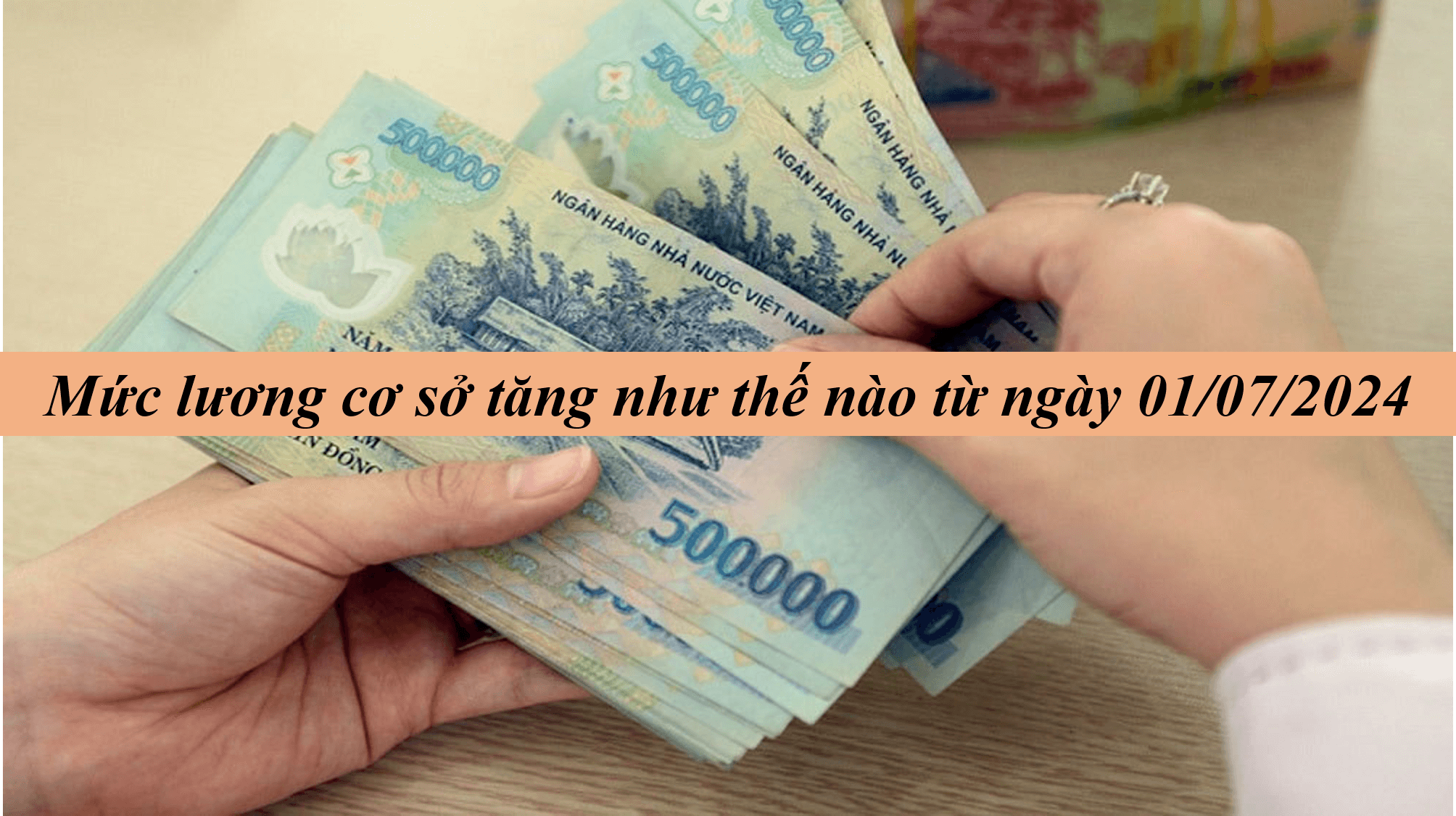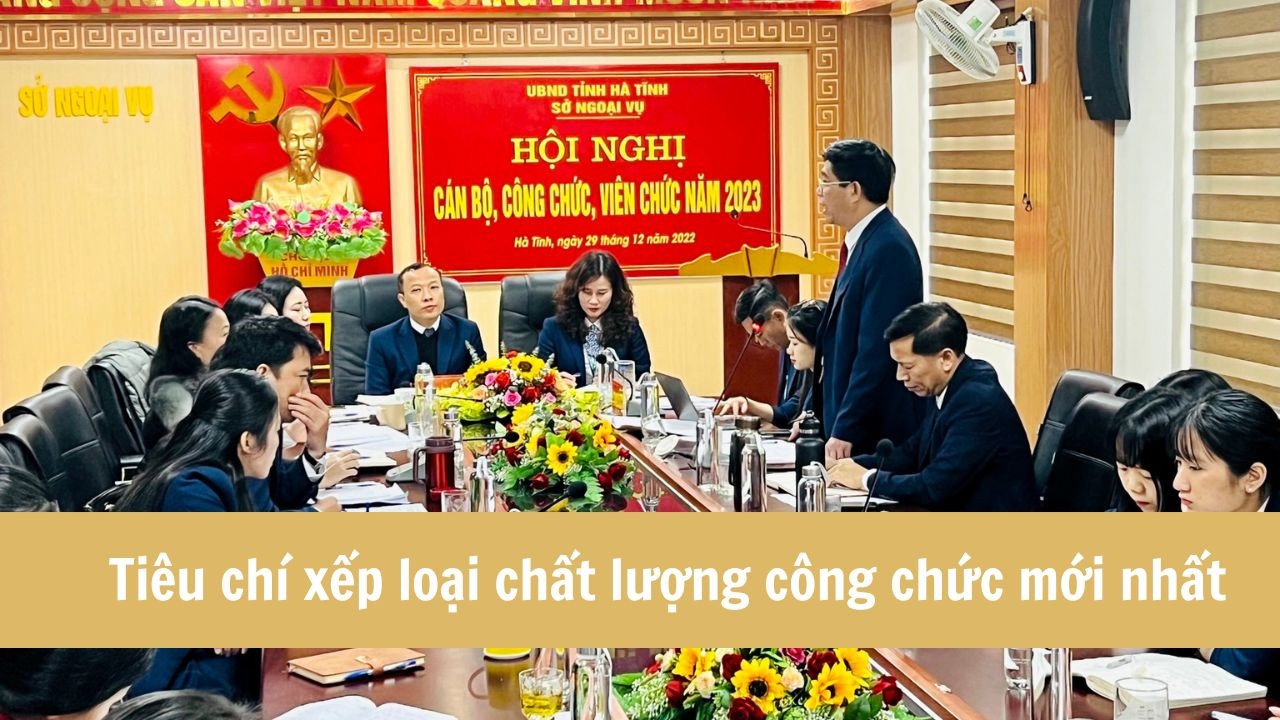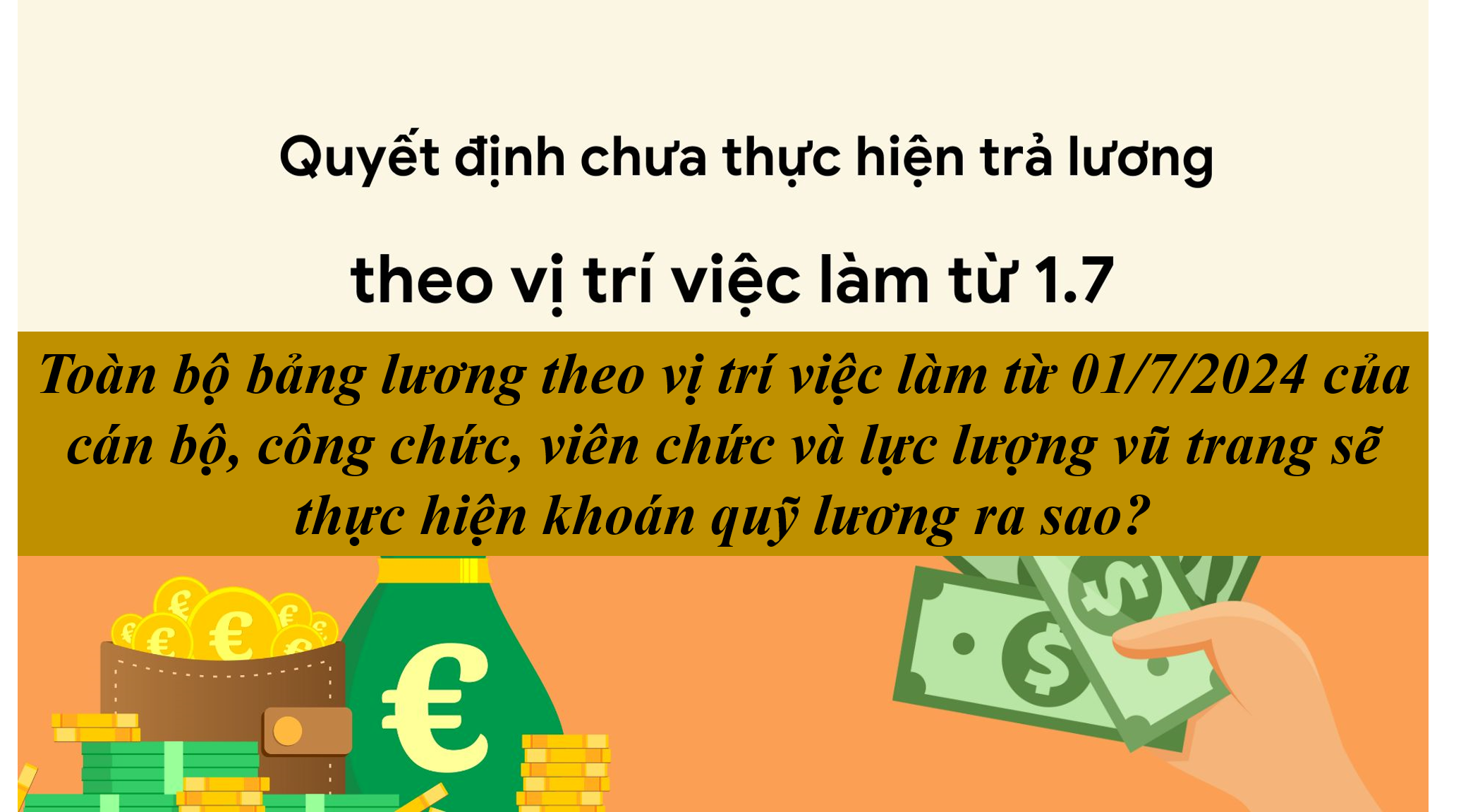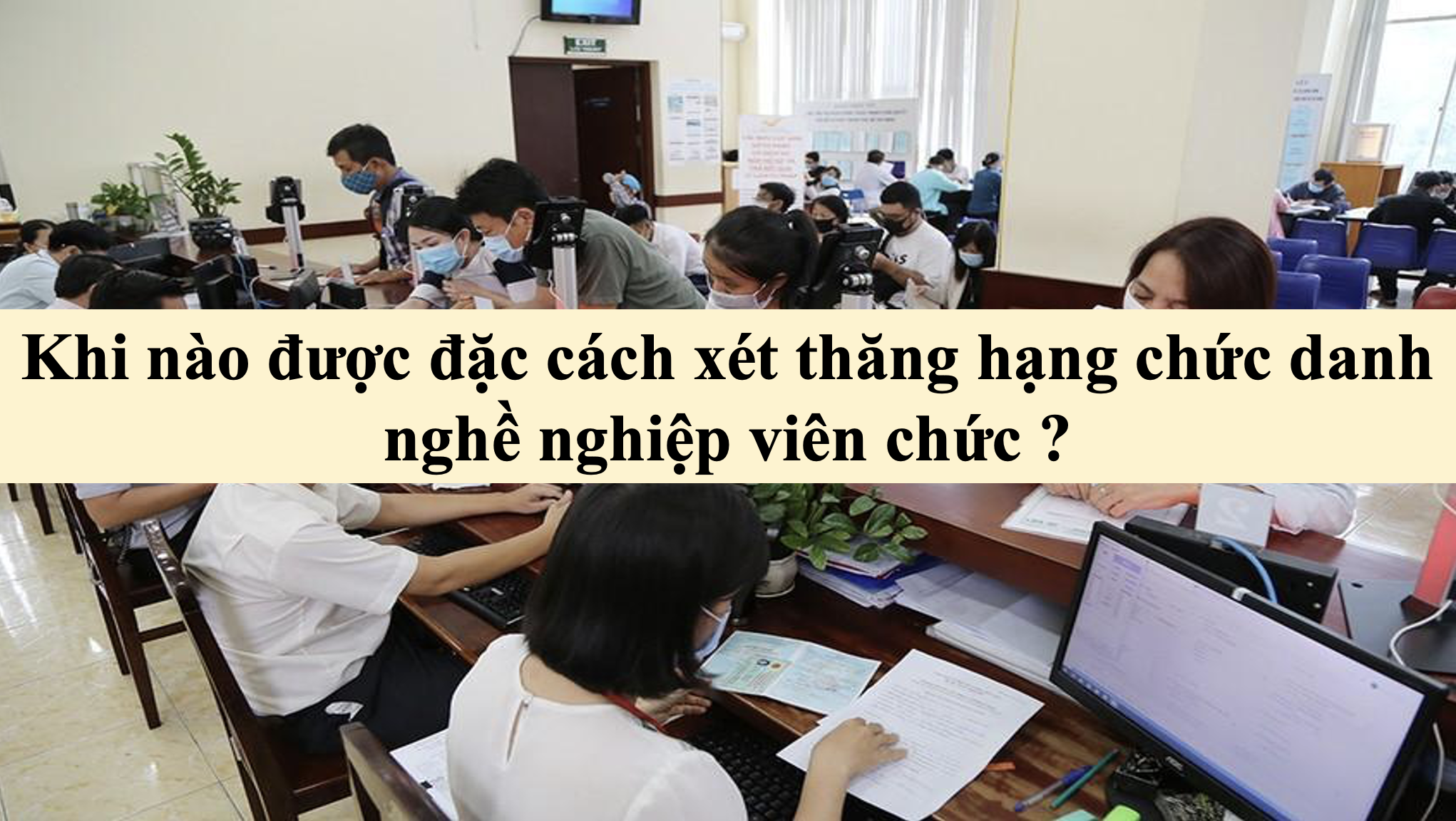 Tìm kiếm
Tìm kiếm
Chương II Luật cán bộ, công chức 2008: Nghĩa vụ, quyền của cán bộ, công chức
| Số hiệu: | 22/2008/QH12 | Loại văn bản: | Luật |
| Nơi ban hành: | Quốc hội | Người ký: | Nguyễn Phú Trọng |
| Ngày ban hành: | 13/11/2008 | Ngày hiệu lực: | 01/01/2010 |
| Ngày công báo: | 10/03/2009 | Số công báo: | Từ số 143 đến số 144 |
| Lĩnh vực: | Bộ máy hành chính | Tình trạng: | Còn hiệu lực |
TÓM TẮT VĂN BẢN
Văn bản tiếng việt
Văn bản tiếng anh
1. Trung thành với Đảng Cộng sản Việt Nam, Nhà nước Cộng hòa xã hội chủ nghĩa Việt Nam; bảo vệ danh dự Tổ quốc và lợi ích quốc gia.
2. Tôn trọng nhân dân, tận tụy phục vụ nhân dân.
3. Liên hệ chặt chẽ với nhân dân, lắng nghe ý kiến và chịu sự giám sát của nhân dân.
4. Chấp hành nghiêm chỉnh đường lối, chủ trương, chính sách của Đảng và pháp luật của Nhà nước.
1. Thực hiện đúng, đầy đủ và chịu trách nhiệm về kết quả thực hiện nhiệm vụ, quyền hạn được giao.
2. Có ý thức tổ chức kỷ luật; nghiêm chỉnh chấp hành nội quy, quy chế của cơ quan, tổ chức, đơn vị; báo cáo người có thẩm quyền khi phát hiện hành vi vi phạm pháp luật trong cơ quan, tổ chức, đơn vị; bảo vệ bí mật nhà nước.
3. Chủ động và phối hợp chặt chẽ trong thi hành công vụ; giữ gìn đoàn kết trong cơ quan, tổ chức, đơn vị.
4. Bảo vệ, quản lý và sử dụng hiệu quả, tiết kiệm tài sản nhà nước được giao.
5. Chấp hành quyết định của cấp trên. Khi có căn cứ cho rằng quyết định đó là trái pháp luật thì phải kịp thời báo cáo bằng văn bản với người ra quyết định; trường hợp người ra quyết định vẫn quyết định việc thi hành thì phải có văn bản và người thi hành phải chấp hành nhưng không chịu trách nhiệm về hậu quả của việc thi hành, đồng thời báo cáo cấp trên trực tiếp của người ra quyết định. Người ra quyết định phải chịu trách nhiệm trước pháp luật về quyết định của mình.
6. Các nghĩa vụ khác theo quy định của pháp luật.
Ngoài việc thực hiện quy định tại Điều 8 và Điều 9 của Luật này, cán bộ, công chức là người đứng đầu cơ quan, tổ chức, đơn vị còn phải thực hiện các nghĩa vụ sau đây:
1. Chỉ đạo tổ chức thực hiện nhiệm vụ được giao và chịu trách nhiệm về kết quả hoạt động của cơ quan, tổ chức, đơn vị;
2. Kiểm tra, đôn đốc, hướng dẫn việc thi hành công vụ của cán bộ, công chức;
3. Tổ chức thực hiện các biện pháp phòng, chống quan liêu, tham nhũng, thực hành tiết kiệm, chống lãng phí và chịu trách nhiệm về việc để xảy ra quan liêu, tham nhũng, lãng phí trong cơ quan, tổ chức, đơn vị;
4. Tổ chức thực hiện các quy định của pháp luật về dân chủ cơ sở, văn hóa công sở trong cơ quan, tổ chức, đơn vị; xử lý kịp thời, nghiêm minh cán bộ, công chức thuộc quyền quản lý có hành vi vi phạm kỷ luật, pháp luật, có thái độ quan liêu, hách dịch, cửa quyền, gây phiền hà cho công dân;
5. Giải quyết kịp thời, đúng pháp luật, theo thẩm quyền hoặc kiến nghị cơ quan có thẩm quyền giải quyết khiếu nại, tố cáo và kiến nghị của cá nhân, tổ chức;
6. Các nghĩa vụ khác theo quy định của pháp luật.
1. Được giao quyền tương xứng với nhiệm vụ.
2. Được bảo đảm trang thiết bị và các điều kiện làm việc khác theo quy định của pháp luật.
3. Được cung cấp thông tin liên quan đến nhiệm vụ, quyền hạn được giao.
4. Được đào tạo, bồi dưỡng nâng cao trình độ chính trị, chuyên môn, nghiệp vụ.
5. Được pháp luật bảo vệ khi thi hành công vụ.
1. Được Nhà nước bảo đảm tiền lương tương xứng với nhiệm vụ, quyền hạn được giao, phù hợp với điều kiện kinh tế - xã hội của đất nước. Cán bộ, công chức làm việc ở miền núi, biên giới, hải đảo, vùng sâu, vùng xa, vùng dân tộc thiểu số, vùng có điều kiện kinh tế - xã hội đặc biệt khó khăn hoặc trong các ngành, nghề có môi trường độc hại, nguy hiểm được hưởng phụ cấp và chính sách ưu đãi theo quy định của pháp luật.
2. Được hưởng tiền làm thêm giờ, tiền làm đêm, công tác phí và các chế độ khác theo quy định của pháp luật.
Cán bộ, công chức được nghỉ hàng năm, nghỉ lễ, nghỉ để giải quyết việc riêng theo quy định của pháp luật về lao động. Trường hợp do yêu cầu nhiệm vụ, cán bộ, công chức không sử dụng hoặc sử dụng không hết số ngày nghỉ hàng năm thì ngoài tiền lương còn được thanh toán thêm một khoản tiền bằng tiền lương cho những ngày không nghỉ.
Cán bộ, công chức được bảo đảm quyền học tập, nghiên cứu khoa học, tham gia các hoạt động kinh tế, xã hội; được hưởng chính sách ưu đãi về nhà ở, phương tiện đi lại, chế độ bảo hiểm xã hội, bảo hiểm y tế theo quy định của pháp luật; nếu bị thương hoặc hy sinh trong khi thi hành công vụ thì được xem xét hưởng chế độ, chính sách như thương binh hoặc được xem xét để công nhận là liệt sĩ và các quyền khác theo quy định của pháp luật.
Cán bộ, công chức phải thực hiện cần, kiệm, liêm, chính, chí công vô tư trong hoạt động công vụ.
1. Trong giao tiếp ở công sở, cán bộ, công chức phải có thái độ lịch sự, tôn trọng đồng nghiệp; ngôn ngữ giao tiếp phải chuẩn mực, rõ ràng, mạch lạc.
2. Cán bộ, công chức phải lắng nghe ý kiến của đồng nghiệp; công bằng, vô tư, khách quan khi nhận xét, đánh giá; thực hiện dân chủ và đoàn kết nội bộ.
3. Khi thi hành công vụ, cán bộ, công chức phải mang phù hiệu hoặc thẻ công chức; có tác phong lịch sự; giữ gìn uy tín, danh dự cho cơ quan, tổ chức, đơn vị và đồng nghiệp.
1. Cán bộ, công chức phải gần gũi với nhân dân; có tác phong, thái độ lịch sự, nghiêm túc, khiêm tốn; ngôn ngữ giao tiếp phải chuẩn mực, rõ ràng, mạch lạc.
2. Cán bộ, công chức không được hách dịch, cửa quyền, gây khó khăn, phiền hà cho nhân dân khi thi hành công vụ.
1. Trốn tránh trách nhiệm, thoái thác nhiệm vụ được giao; gây bè phái, mất đoàn kết; tự ý bỏ việc hoặc tham gia đình công.
2. Sử dụng tài sản của Nhà nước và của nhân dân trái pháp luật.
3. Lợi dụng, lạm dụng nhiệm vụ, quyền hạn; sử dụng thông tin liên quan đến công vụ để vụ lợi.
4. Phân biệt đối xử dân tộc, nam nữ, thành phần xã hội, tín ngưỡng, tôn giáo dưới mọi hình thức.
1. Cán bộ, công chức không được tiết lộ thông tin liên quan đến bí mật nhà nước dưới mọi hình thức.
2. Cán bộ, công chức làm việc ở ngành, nghề có liên quan đến bí mật nhà nước thì trong thời hạn ít nhất là 05 năm, kể từ khi có quyết định nghỉ hưu, thôi việc, không được làm công việc có liên quan đến ngành, nghề mà trước đây mình đã đảm nhiệm cho tổ chức, cá nhân trong nước, tổ chức, cá nhân nước ngoài hoặc liên doanh với nước ngoài.
3. Chính phủ quy định cụ thể danh mục ngành, nghề, công việc, thời hạn mà cán bộ, công chức không được làm và chính sách đối với những người phải áp dụng quy định tại Điều này.
Ngoài những việc không được làm quy định tại Điều 18 và Điều 19 của Luật này, cán bộ, công chức còn không được làm những việc liên quan đến sản xuất, kinh doanh, công tác nhân sự quy định tại Luật phòng, chống tham nhũng, Luật thực hành tiết kiệm, chống lãng phí và những việc khác theo quy định của pháp luật và của cơ quan có thẩm quyền.
OBLIGATIONS AND RIGHTS OF CADRES AND CIVIL SERVANTS
Section 1. OBLIGATIONS OF CADRES AND CIVIL SERVANTS
Article 8. Obligations of cadres and civil servants towards the Party, State and people
1. To be loyal to the Communist Party of Vietnam and the State of the Socialist Republic of Vietnam; to safeguard the national honor and interests.
2. To respect the people and devotedly serve the people.
3. To keep close contact with the people, listen to the people’s opinions and submit to the people’s supervision.
4. To strictly observe the Party’s line and policies and the State’s laws.
Article 9. Obligations of cadres and civil servants in performing public duties
1. To duly and fully perform tasks and exercise powers as assigned and take responsibility for their performance.
2.To have a sense of organizational discipline; to strictly abide by internal rules and regulations of agencies, organizations or units; to report to competent persons when detecting illegal acts in agencies, organizations and units; to protect state secrets.
3. To proactively and closely collaborate with one another in performing public duties; to preserve unity in agencies, organizations and units.
4. To efficiently and economically protect, manage and use slate assets assigned to them.
5. To implement decisions of their superiors, When having grounds to believe that such decision is illegal, to immediately report in writing to its issuer; the issuer who upholds his/her decision shall issue a document to this effect while the implementer shall implement the decision but is not held responsible for implementation consequences, and shall report to the immediately higher authority of the decision issuer. The person who issues a decision shall take responsibility before law for his/her decision.
6. To have other obligations as prescribed by law.
Article 10. Obligations of cadres and civil servants in the capacity as heads
In addition to complying with Articles 8 and 9 of this Law, cadres and civil servants who arc heads of agencies, organizations or units shall perform the following obligations:
1. To direct the performance of assigned tasks and take responsibility for their agencies’, organizations’ or units’ operation results;
2. To examine, urge and guide the public-duty performance of cadres and civil servants;
3. To organize the implementation of measures to prevent and combat bureaucracy and corruption, to practice thrift and combat wastefulness, and to take responsibility for bureaucratic, corrupt and wasteful acts in their agencies, organizations or units;
4. To organize the implementation of legal provisions on grassroots democracy and public-office culture in their agencies, organizations and units: to promptly and strictly handle cadres and civil servants under their management who commit breaches of discipline and illegal acts, show bureaucratic and authoritarian altitudes to and harass citizens;
5. To promptly and lawfully settle complaints, denunciations and proposals of individuals and organizations according to their competence or refer them to competent agencies for settlement;
6. To perform other obligations as prescribed by law.
Section 2. RIGHTS OF CADRES AND CIVIL SERVANTS
Article 11. Right of cadres and civil servants to be provided with conditions to assure public-duty performance
1. To be assigned powers corresponding with tasks.
2. To be provided with working equipment and other working conditions according to law.
3. To be supplied with information concerning their assigned tasks and powers.
4. To be trained and retrained in order to raise their political, specialized and professional qualifications.
5. To be protected by law when performing public duties.
Article 12. Rights of cadres and civil servants to salaries and salary-related regimes
1. To be paid by the State salaries matching with assigned tasks and powers and suitable to national socio-economic conditions. Cadres and civil servants working in mountainous, border, islands, deep-lying, remote and ethnic minority areas and areas with especially difficult socio-economic conditions or in hazardous and dangerous sectors and occupations are entitled to allowances and incentive policies according to law.
2. To enjoy overtime and night-work pays, working trip allowances and other benefits according to law.
Article 13. Rights of cadres and civil servants to rest
Cadres and civil servants are entitled to annual leaves, holidays and leaves to deal with personal affairs according to the labor law. If, due to task requirements, cadres and civil servants do not use or have not used up annual days off, in addition to salaries, they may be paid a sum equal to salaries for days on which they still work.
Article 14. Other rights of cadres and civil servants
Cadres and civil servants are assured the rights to learn, do scientific research, participate in economic and social activities; are entitled to incentive policies concerning housing, vehicles, and social and health insurance regimes according to law; if getting injured or dying while performing public duties, they shall be considered for enjoying entitlements and policies applicable to invalids or being recognized as fallen heroes and other rights according to law.
Section 3. ETHICS AND COMMUNICATION CULTURE OF CADRES AND CIVIL SERVANTS
Article 15. Ethics of cadres and civil servants
Cadres and civil servants shall practice diligence, thrift, integrity, public-spiritedness and selflessness in performing public duties.
Article 16. Communication culture at public offices
1. In communication at public offices, cadres and civil servants shall adopt a polite attitude and respect colleagues; their communication language must be standardized, clear and coherent.
2. Cadres and civil servants shall listen to opinions of colleagues; make just, impartial and objective comments and evaluations: and ensure democracy and internal unity.
3. While performing public duties, cadres and civil servants shall wear civil servant badges or cards: adopt polite manners; and preserve the prestige and honor of their agencies, organizations and units and colleagues.
Article 17. Culture of communication with the people
1. Cadres and civil servants must be close to the people; have polite, serious and modest manners and attitudes; their communication language must be standardized, clear and coherent.
2. While performing public duties, cadres and civil servants must not be overbearing and authoritarian and cause difficulties and troubles to the people.
Section 4. PROHIBITIONS ON CADRES AND CIVIL SERVANTS
Article 18. Prohibitions related to civil service ethics
1. Shirking responsibility or refusing to discharge assigned tasks; sowing factionalism and disunity; quitting jobs or going on strike without permission.
2. Illegally using assets of the State and people.
3. Taking advantage of or abusing tasks and powers; using civil service-related information for self-seeking purposes.
4. Discriminating in any form against nationality, gender, social strata, beliefs and religions.
Article 19. Prohibitions related to state secrets
1. Cadres and civil servants may not disclose in any form information relating to state secrets.
2. Cadres and civil servants working in sectors or occupations related to state secrets may not, within at least 5 years after receiving decisions on their retirement or job discontinuation, perform jobs related to their former sectors or occupations for domestic and foreign organizations and individuals and foreign-invested joint ventures.
3. The Government shall issue a specific list of sectors, occupations and jobs which and time limits during which cadres and civil servants are not allowed to perform and policies towards those to whom this Article applies.
Article 20. Other prohibitions on cadres and civil servants
In addition to the prohibitions specified in Articles 18 and 19 of this Law. cadres and civil servants may not deal with affairs related to production and business and personnel work specified in the Anti-Corruption Law and the Law on Practice of Thrift and Combat of Wastefulness and other jobs as prescribed by law and competent agencies.
Cập nhật
Bài viết liên quan
Có được thanh toán nghỉ phép năm đối với cán bộ công chức thôi việc không?

Có được thanh toán nghỉ phép năm đối với cán bộ công chức thôi việc không?
Việc thanh toán nghỉ phép năm đối với cán bộ, công chức thôi việc là một vấn đề quan trọng, liên quan trực tiếp đến quyền lợi của người lao động khi kết thúc công tác tại cơ quan nhà nước. Theo các quy định hiện hành, cán bộ, công chức khi thôi việc có quyền được thanh toán số ngày nghỉ phép năm chưa sử dụng, tuy nhiên, việc này còn phụ thuộc vào một số yếu tố nhất định. Bài viết này sẽ làm rõ các quy định pháp lý liên quan và điều kiện để được thanh toán nghỉ phép năm trong trường hợp cán bộ, công chức thôi việc. 26/12/2024Số ngày nghỉ phép năm đối với cán bộ, công chức là bao nhiêu?

Số ngày nghỉ phép năm đối với cán bộ, công chức là bao nhiêu?
Số ngày nghỉ phép năm đối với cán bộ, công chức là một trong những quyền lợi quan trọng, giúp đảm bảo sức khỏe và tinh thần làm việc của người lao động trong khu vực công. Theo quy định của pháp luật Việt Nam, số ngày nghỉ phép này được xác định dựa trên các yếu tố như thâm niên công tác và quy định tại các văn bản pháp lý liên quan. Trong bài viết này, chúng ta sẽ cùng tìm hiểu chi tiết về số ngày nghỉ phép năm của cán bộ, công chức, cũng như các quy định và điều kiện đi kèm. 26/12/2024Mẫu giấy nghỉ phép dành cho cán bộ, công chức mới nhất 2025

Mẫu giấy nghỉ phép dành cho cán bộ, công chức mới nhất 2025
Giấy nghỉ phép là một tài liệu quan trọng, giúp cán bộ, công chức thông báo về việc vắng mặt trong công việc do lý do sức khỏe, gia đình hoặc các tình huống bất khả kháng khác. Mẫu giấy nghỉ phép dành cho cán bộ, công chức trong năm 2025 có một số thay đổi về nội dung và hình thức để phù hợp với quy định mới, giúp quản lý nhân sự hiệu quả hơn. Bài viết này sẽ cung cấp thông tin về mẫu giấy nghỉ phép mới nhất. 26/12/2024Mức lương cơ sở tăng như thế nào từ ngày 01/07/2024

Mức lương cơ sở tăng như thế nào từ ngày 01/07/2024
Lương cơ sở là mức lương để dùng làm căn cứ tính mức lương trong các bảng lương. Lương cơ sở là cơ sở để tính mức lương của người lao động có thể nhận được khi làm việc trong một cơ quan, tổ chức, doanh nghiệp, đơn vị nào đó. Vậy lương cơ sở là gì? Mức lương cơ sở tăng như thế nào từ ngày 01/07/2024. Bạn hãy tìm câu trả lời thông qua bài viết dưới đây. 16/11/2024Tiêu chí đánh giá, xếp loại chất lượng công chức mới nhất năm 2024

Tiêu chí đánh giá, xếp loại chất lượng công chức mới nhất năm 2024
Trong bối cảnh nền hành chính hiện đại, việc nâng cao chất lượng đội ngũ công chức là vô cùng quan trọng. Tiêu chí xếp loại chất lượng công chức không chỉ phản ánh năng lực cá nhân mà còn ảnh hưởng đến hiệu quả công việc và sự phục vụ người dân. Vậy hiện nay tiêu chí xếp loại chất lượng công chức được quy định như thế nào? 15/11/2024Miễn nhiệm là gì? Phân biệt miễn nhiệm, bãi nhiệm và cách chức

Miễn nhiệm là gì? Phân biệt miễn nhiệm, bãi nhiệm và cách chức
Miễn nhiệm là gì? Phân biệt miễn nhiệm, bãi nhiệm và cách chức 04/11/2024Toàn bộ bảng lương theo vị trí việc làm từ 01/7/2024 của cán bộ, công chức, viên chức và lực lượng vũ trang sẽ thực hiện khoán quỹ lương ra sao?

Toàn bộ bảng lương theo vị trí việc làm từ 01/7/2024 của cán bộ, công chức, viên chức và lực lượng vũ trang sẽ thực hiện khoán quỹ lương ra sao?
Toàn bộ bảng lương theo vị trí việc làm từ 01/7/2024 của cán bộ, công chức, viên chức và lực lượng vũ trang sẽ thực hiện khoán quỹ lương ra sao? 04/11/2024Những quy định về nghỉ không lương mà người lao động cần biết

Những quy định về nghỉ không lương mà người lao động cần biết
Nghỉ không hưởng lương là việc người lao động xin nghỉ trong các trường hợp cần thiết hay những sự kiện quan trọng. Tuy nhiên, vì những lý do khác nhau, nhiều người lao động không nắm được quy định về việc nghỉ không lương làm ảnh hưởng đến quyền và nghĩa vụ của bản thân. Bài viết dưới đây sẽ cung cấp thông tin chính xác về vấn đề này! 03/11/2024Khi nào được đặc cách xét thăng hạng chức danh nghề nghiệp viên chức ?


 Luật cán bộ, công chức 2008 (Bản Word)
Luật cán bộ, công chức 2008 (Bản Word)
 Luật cán bộ, công chức 2008 (Bản Pdf)
Luật cán bộ, công chức 2008 (Bản Pdf)